Labyrinthitis - Overview
It is an inflammation of the inner ear structure, which is called the labyrinth. In some cases, the term may refer to other sources of inner ear problems that have no inflammation because those problems produce similar symptoms.
A part of one’s inner ear called the vestibule sends information to the brain concerning the position and movement of one’s head. The eyes do the same. When the information from the labyrinth and the eyes don't coincide, the brain has trouble understanding what is happening. This misinterpreting often leads to an impression that one is whirling or a feeling that one is moving when in fact that is not the case.

There can be various causes of this condition, the most often being the flu, injuries of the head, allergies, or, the most serious strokes or tumors. Symptoms of labyrinthitis include vertigo, nausea accompanied by vomiting, a headache, loss of balance, or a temporary hearing loss.
Homeopathic Remedy
Firstly, some advice useful for minor cases of labyrinthitis which may help if one is unable to go to the doctor’s: one should not smoke, not eat chocolate or drink coffee and alcohol, avoid noise, and lie still at a comfortable position for some time (until the symptoms pass).
Here are some of the best remedies for this condition:
1. Causticum, for people who have urinary disorders and ear disease.
2. Granatum, for those experiencing constant dizziness with increased salivation and the sense of nausea.
3. Arnica Montana, if one is experiencing vertigo and mild nausea due to some kind of trauma, but feels better when lying in a dark room with no noise.
4. Cocculus, if one feels worse standing up or after eating, and traveling becomes unbearable.
5. B12. This condition has been linked to a lack of this vitamin. One should take 500 micrograms of vitamin B12 with 400 micrograms of folic acid two times every day for a month.
6. Phosphorus, when one is having burning pains, hears echo and the dizziness worsens when rising.
7. Cinchona officinalis is good for Méniére's disease (which is one of the prime causes of labyrinthis), particularly when dizziness is linked to fainting and nausea.
8. Ginkgo biloba. It has been proven to improve blood flow to the head, which, in turn, may help one cope with dizziness and tinnitus.
9. Silicea, for ones who sweat greatly from the palms, feel worse by looking up and endure intolerable headaches.
10. Reishi mushrooms may help one cope with stress when taken thrice per day for a month at a dose of 500 milligrams.
11. Baryta carbonica is good for dizziness caused by insufficient blood flow to the brain.
Homeopathic remedies have been proven to be a valuable ally when one is dealing with labyrinthis. According to one’s symptoms, one can choose from a variety of homeopathic medicines and should feel improvement after a certain amount of time.
- Setting of the study: Fifteen study centers (general practice) in Germany between November 1995 and November 1996.
- Subjects: A total of 119 patients with vertigo of various origins (from whom 105 patients could be analyzed as intended per protocol).
- Results: Both homeopathic and conventional treatments showed a clinically relevant reduction in the mean frequency, duration, and intensity of the vertigo attacks. The therapeutic equivalence of the homeopathic remedy and betahistine was established statistically.




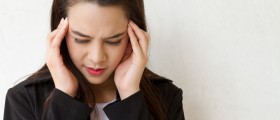
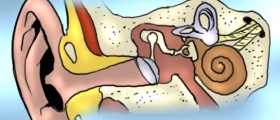

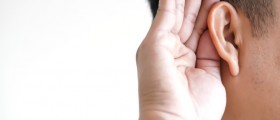
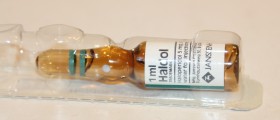




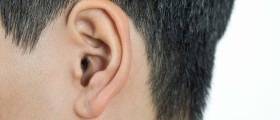



Your thoughts on this
Loading...